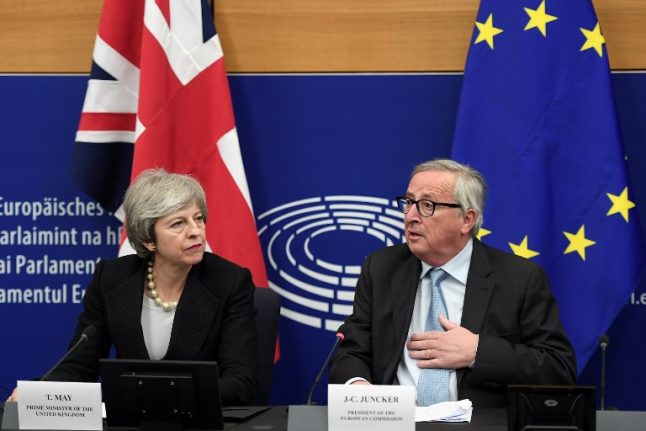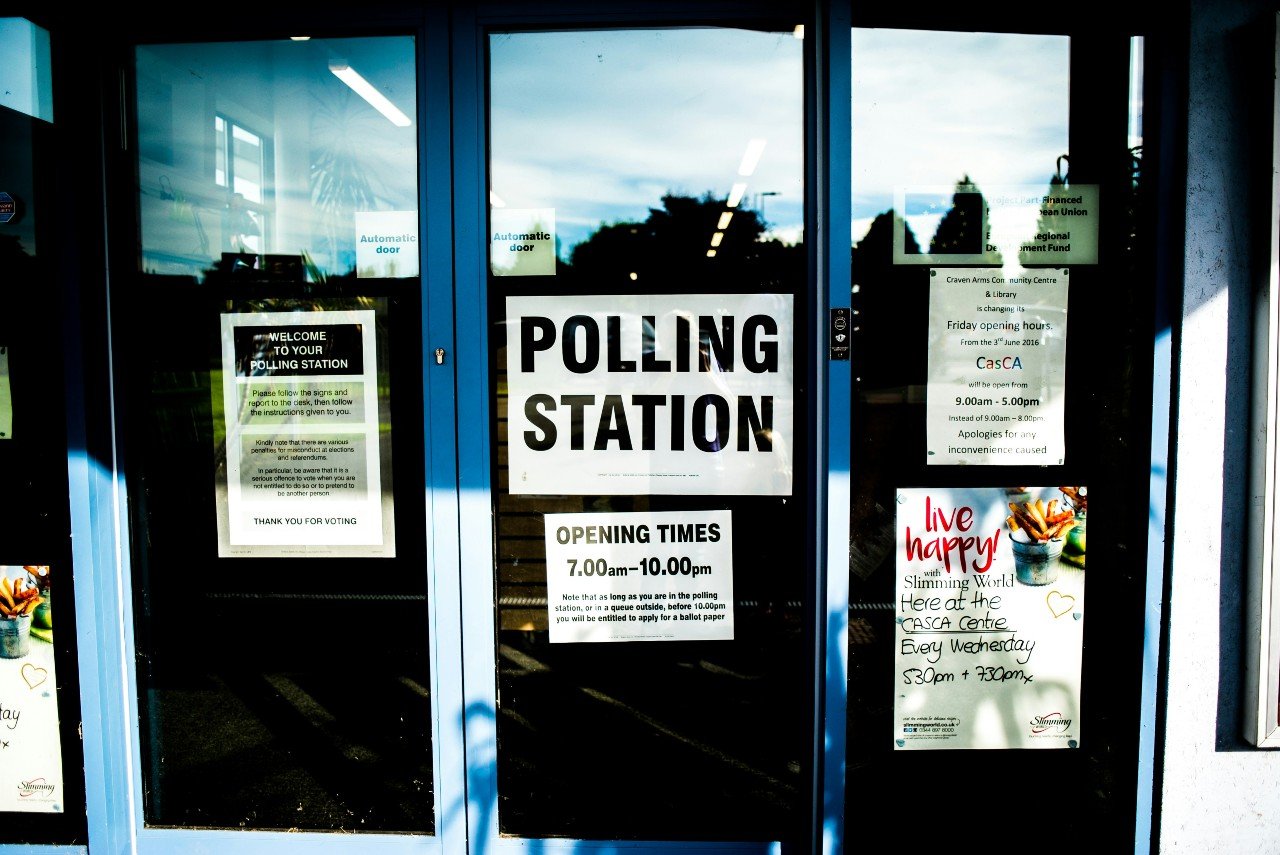The government decree covers British people who are already resident in France on the date that Britain leaves the EU – which is currently scheduled for April 12, although this could be extended – and only applies in the case of a no-deal Brexit.
It is the first time the French government has laid out in detail exactly what criteria various different groups of British people – employed people, self-employed, students and family members – will have to fulfill if they want to remain in the country.
? The FR government published a decree relating to the rights of Brits in France. This decree follows the publication of the 6/02/19 ordonnance. We will provide further details on what this means for you very soon — Read the decree here: https://t.co/P3gwRROgIc#UKNationalsinEU pic.twitter.com/PFvZuQ4aBL
— UK in France (@UKinFrance) 3 April 2019
An ordonnance published in February gave British people in France a one year 'breathing period' after a no-deal Brexit in which they could apply for a carte de sejour.
The new decree lays out what paperwork each group will need to apply for residency.
READ ALSO
- Citizens' rights group gives cautious welcome to new government decree
- How does the French 'mutuelle' health insurance system work?
People who already have a permanent carte de séjour as European citizens will be allowed to simply exchange it for one of the new cards by providing their valid passport and their current residency card.
If you are applying for a residency card for the first time, and have lived in France for more than five years, you will need to submit the following documents:
- A valid passport.
- A recent photograph.
- A document confirming the date of your arrival in France.
- Proof that you meet the standard conditions for a temporary residence permit.
These conditions vary for different groups of people and they are as follows;
If you are applying for a student residency permit, you will need the following documents:
- A certificate of enrolment in a public or private school or college or vocational training organisation.
- If you have been enrolled for more than one year, you will need to prove your attendance and also the seriousness of your studies.
- If you apply for a multi-year student residency permit, you need documented proof that the course you are studying is covered by a EU programme.
If you are applying as an employee, you will need the following documents:
- Your employment contract. It must be a long-term contract, known in France as CDI, rather than a short-term one.
- A recent payslip from the last six months.
If you are applying for a temporary working permit, you will need the following documents:
- The fixed term contract, known in France as CDD.
- A recent payslip from the last three months.
If you are applying as a freelance or self-employed, you will need to present the following documents:
- Proof of registration in the trade and companies registry or proof of a social security registration for self-employed people.
- Justification of sufficient resources to support yourself, regardless of benefits and allowances. Your resources will be individually assessed. If your resources are not deemed sufficient, you might still qualify for a permit if you can prove that you are the owner of your accommodation or receiving free accommodation.
*You will not be required to prove sufficient resources if you receive a disability allowance.
If you are applying as a family member to a British national who already has a permit, you will need:
- Proof of the family link.
- If you are dependent on the family member's income, you will need to prove they can financially and materially support you.
- A copy of the passport of the accompanied British national.
- If you are applying as someone who had a relationship before the withdrawal date but that broke up after that date, you must also present proof of the separation and also a copy of the passport of the British national you were connected to.
The decree does not specifically mention retired people, but anyone who doesn't fall into any of the above categories will need to apply for a residency card and supply:
- A valid passport.
- A recent photograph.
- A residency permit (carte de sejour)
- If you do not have a residency permit, documents establishing the date of your arrival in France
- Justification of sufficient resources to support yourself, regardless of benefits and allowances.
The decree does not contain any figures as to what is deemed a “sufficient resource” but says that applications will be individually assessed.
However there is an upper limit – in no case must this be more than the level of the French in-work benefit RSA, Kalba Meadows from the campaign group RIFT has pointed out.
The RSA limit is currently set at €559.74 per month for someone living alone, and €839.62 per month for a couple.
There are other figures for families with children – see the government website here for details.
The decree adds that if resources are not deemed to be sufficient, anyone who can prove that they own their own home – or are entitled to free accommodation – may receive a favourable decision, although this is not guaranteed.
What about people who have lived in France for less than five years?
People who have lived in France for less than five years cannot exchange a carte de sejour if they already have one, but must make a new application.
The paperwork needed for each group is broadly the same as for people who have lived in France for more than five years, with a couple of exceptions:
If you are applying as an employee you will apply for a four-year carte de séjour pluriannuelle only if you have a long-term CDI contract.
If you are on a short-term CCD contract you will apply for a carte de séjour temporaire marked ‘travailleur temporaire’, which last for one year at a time.
Anyone who is in receipt on jobseekers allowance must provide
- proof that you're registered as a job seeker;
- salary slips showing at least 3 months working activity in the previous year;
- proof that you have health cover.
Anyone who is retired or otherwise economically non-active must provide
- proof that you have resources that are 'sufficient to maintain yourself', not including social security benefits (for example RSA);
- proof that you have health cover.
So how has the decree gone down with Britons? Is it good news or bad?
The first application for any residency permit will also incur a fee of €100 so the fee will be applicable for those without a carte de sejour.
Although British people are entitled to remain in France for up to a year after the withdrawal date, applications for residency must be filed within six months of the date that Britain finally leaved – which is currently set for April 12, but may yet change again.
The decree was published on Wednesday in the Journal Officiel, where all new French laws and decrees must be published before they come in to force.
To READ more about your rights in France you can visit the RIFT website.






 Please whitelist us to continue reading.
Please whitelist us to continue reading.
has anyone an idea how to prove the date they entered France over 5 years ago taking into account the inavailability of travel ticket after this time and UK passport not being stamped within EU? This seems to be a new requirement that the majority here will find it impossible to comply with.
You will have to supply 5yrs. worth of tax returns to prove you have lived here and paid all your dues and not tried to fly under the radar. A certificate can be obtained from your local Tax Office, but they will probably still want to see French bank accounts, utility bills etc. for 5yrs. as well, plus note of pensions if this is applicable.